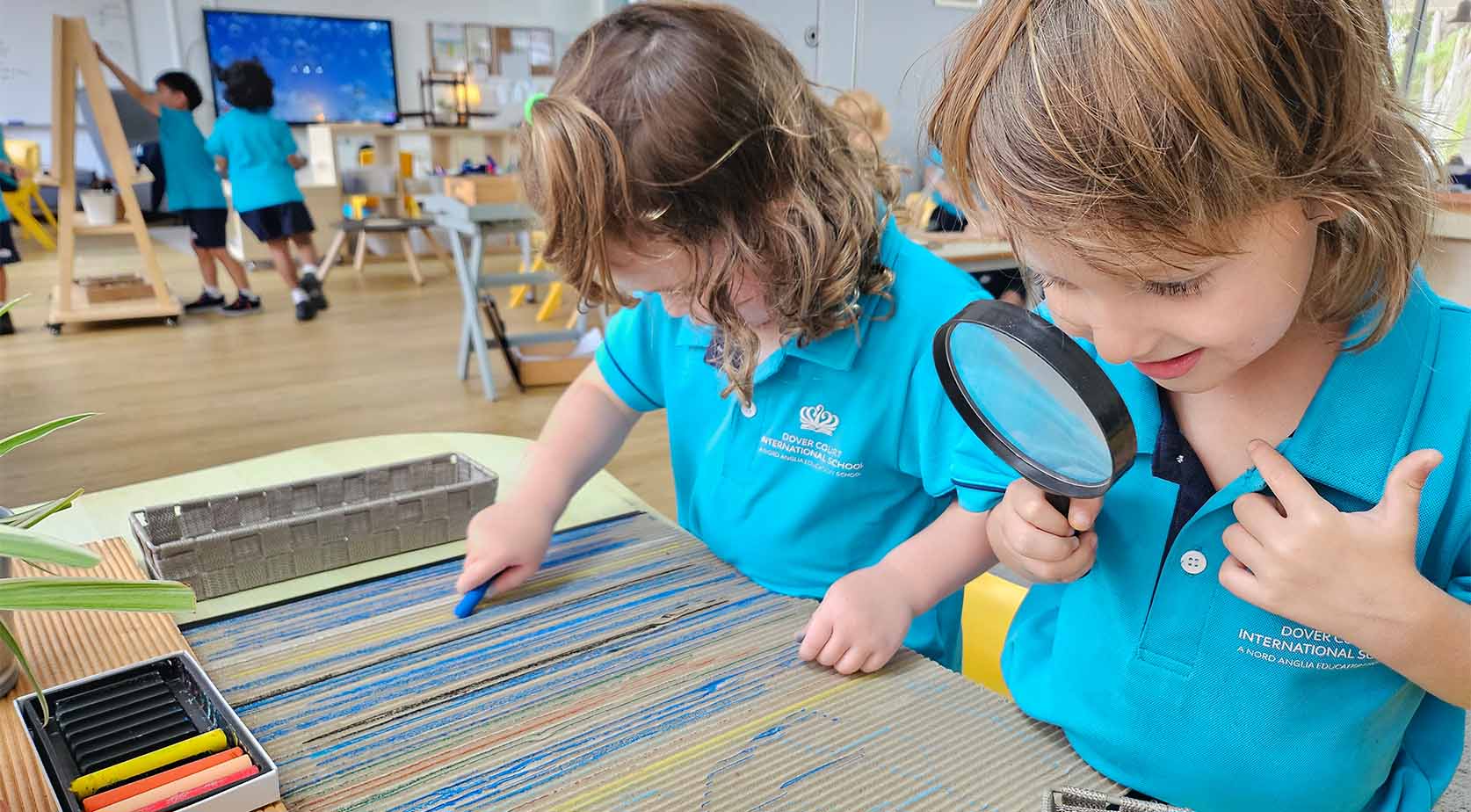What are narrative skills?
It’s the ability to tell a story or to sequence a series of events accurately. It’s a complex skill that requires the ability to remember information, select relevant information, sequence information, whilst using appropriate grammar and correct vocabulary.
Strong narrative skills are crucial to further develop children’s imagination and verbal fluency, including their ability to predict, as well as to develop a wider understanding of other people and points of view outside their own experience. Narratives can be used to cement knowledge and explore new learning opportunities. The familiarisation with story patterns may also help children further develop their reading skills, as children have a better understanding of what the stories are about and how the narrative develops.
There are three essential stages that children go through to become story tellers (Pie Corbett, 2007):
- Imitation: The ability to recognise story patterns and retell stories
- Innovation: The ability to change particular aspects in a familiar story
- Invention: The ability to make up stories
What do difficulties with narrative skills look like?
- Difficulties understanding and using story patterns, which impact on the ability to infer and predict, as well as difficulties identifying and/or generating ideas for stories
- Difficulties sequencing events
- Difficulties organising words into sentences and using varied, rich vocabulary
General strategies that can be used to target the early understanding of narratives (great during the imitation stage):
- Early sequencing activities, e.g. you can discuss how to make a sandwich
- Introduction of the language of sequencing, e.g. you can use words/ phrases such as ‘first’, ‘next’, ‘and then’, ‘then what happens?’, and ‘last’
- Encourage children to explain familiar events as they are occurring and to fill in gaps during repetitive stories, verbally and/or with gestures
Specific strategies that can be used to further develop the understanding and use of narratives:
-
Story Mind Mapping (great during the imitation stage): Different coloured branches emphasise the story’s structure. The branches can be related to the ‘character’, ‘where’, ‘when’, ‘what happens’, and ‘ending’. It is also fun to create, as children can select the pictures and/or drawings.

Photo credit: www.biggerplate.com/The-3-Little-Pigs-mind-map.png
- Story grid (great during the imitation stage): Each box depicts one narrative element that is told in a sequence. Children can either draw or stick pictures in the boxes.

- Story sacks (great during the innovation stage): Include toys/ pictures in a bag that represent a familiar story, as well as unrelated toys/ pictures. These can be used as an opportunity for multi-sensory learning. Children get to pick the objects and are told they can change parts of the story using the unrelated toys. The adults can model appropriate language to help them sequence and link ideas together
- Sequencing cards with story grid (great during the invention stage): Children can be encouraged to sequence the cards in the right order and then to create their own stories using the theme of the cards and the story grid as further support for narrative structure
Fátima Ionescu
Speech and Language Therapist









